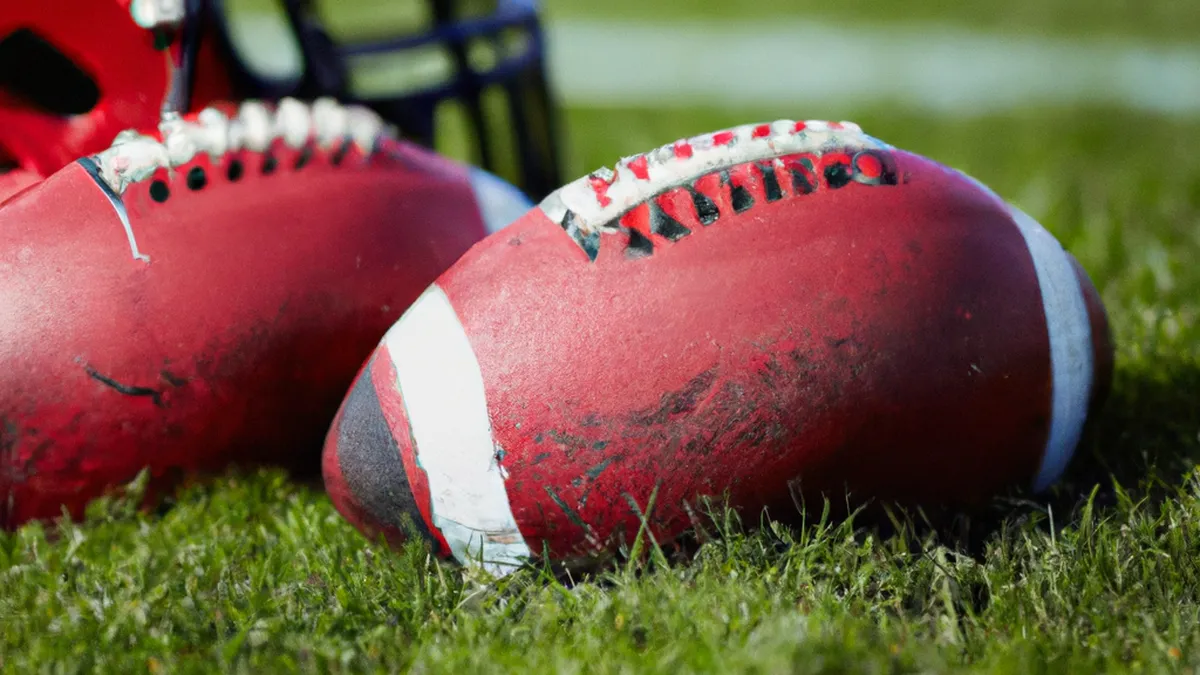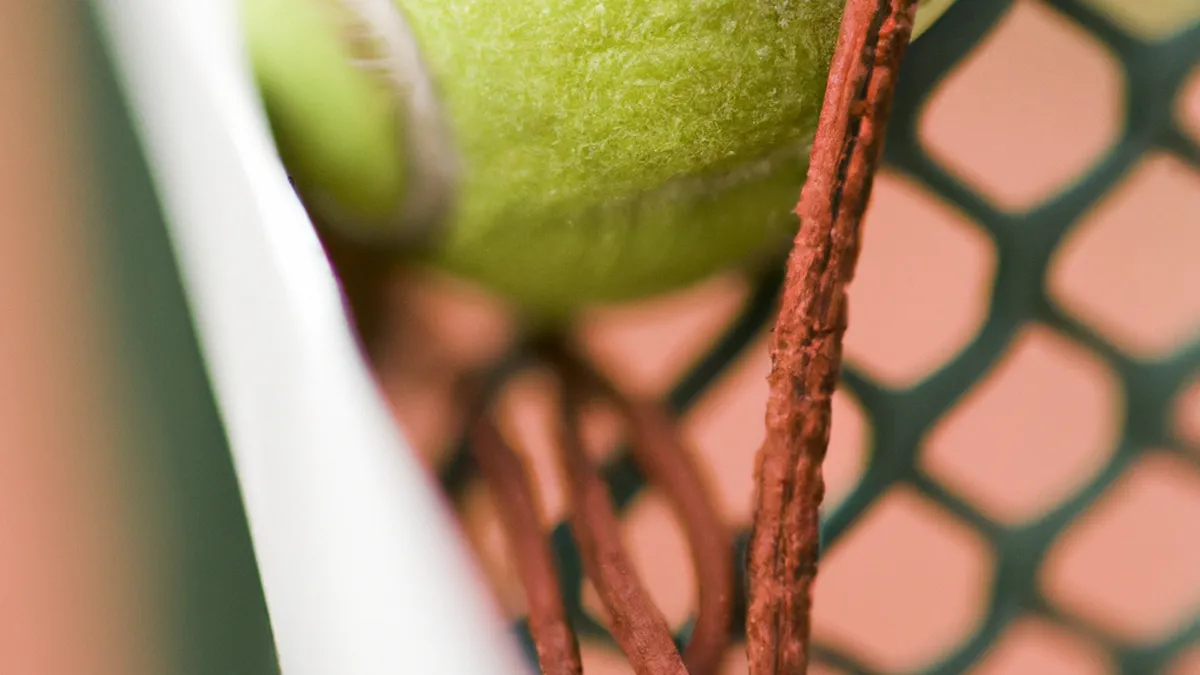Vital Stretches for Older Rugby Players
Maintaining Flexibility in Older AthletesOlder athletes often experience a decline in flexibility, impacting performance and increasing injury risk. Aging causes reduced muscle elasticity, joint stiffness, and decreased mobility. However, older athletes can maintain and even improve flexibility with the right strategies. This blog post offers tips, discusses flexibility training benefits, and emphasizes the importance of flexibility routines.
Understanding Flexibility
Flexibility describes the range of motion in joints and muscles. It significantly influences athletic performance, enabling efficient and effective movements. Compromised flexibility can limit physical abilities, causing performance plateaus or injuries. With age, muscles, tendons, and ligaments lose elasticity, and joint cartilage may degrade. This decline causes stiffness and reduced mobility, hindering older athletes’ engagement in sports. Maintaining flexibility remains crucial for performance, functional movement, and overall quality of life.
Tips for Maintaining Flexibility
As an Amazon Associate I earn from qualifying purchases.
Gear tip: consider foam roller, trigger point cane, and massage oil to support this topic.
1. **Incorporate Stretching Routines**
Stretching effectively maintains flexibility. Older athletes should stretch before and after workouts to prepare muscles and promote recovery.**Dynamic stretches** like leg swings, arm circles, and walking lunges warm up the body for strenuous activities. These movements increase blood flow to muscles.**Static stretches** such as hamstring, quadriceps, and shoulder stretches cool down the body post-exercise. Aim for at least 10 to 15 minutes of stretching daily. Focus on major muscle groups like hips, back, and shoulders. Varying stretches promotes overall flexibility and alleviates tightness.
2. **Use Foam Rollers**
Foam rolling enhances flexibility by releasing muscle tension, improving blood flow, and breaking up adhesions in fascia. It particularly benefits tight areas like calves, thighs, and back.Spend a few minutes on each muscle group, rolling slowly and breathing deeply through tight spots. Incorporate foam rolling into warm-up or cool-down routines to improve flexibility and prepare the body for activity.
3. **Explore Yoga or Pilates**
Yoga and Pilates offer excellent options for older athletes. Both practices emphasize flexibility, balance, and core strength while promoting body awareness and relaxation, crucial for injury prevention.
Conclusion
Older athletes can maintain and improve flexibility with effective strategies. Incorporating stretching, foam rolling, and practices like yoga or Pilates significantly benefits performance and overall well-being.
Below are related products based on this post:
FAQ
Why is flexibility important for older athletes?
Flexibility is crucial for older athletes as it influences athletic performance and allows for efficient and effective movements. A decline in flexibility can lead to performance plateaus and increase the risk of injuries, making it essential to maintain a good range of motion in joints and muscles.
What are effective ways to maintain flexibility?
Incorporating stretching routines, using foam rollers, and exploring practices like yoga or Pilates are effective ways to maintain flexibility. Stretching before and after workouts helps prepare muscles and promote recovery, while foam rolling releases muscle tension and improves blood flow.
How often should older athletes stretch?
Older athletes should aim to stretch for at least 10 to 15 minutes daily. Focusing on major muscle groups like hips, back, and shoulders, and varying stretches can promote overall flexibility and alleviate tightness.















Post Comment